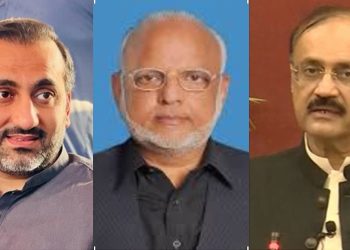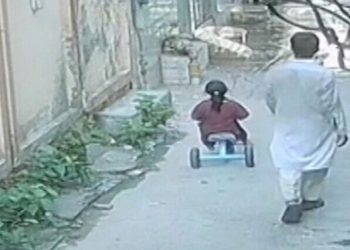Anti-polio drive is underway across Pakistan but the security issues like the past remain as recently a cop deployed to provide security to the team was martyred in Bannu, KP.
The provision of security to the anti-polio vaccination team has always been an issue in Pakistan especially in KP. Provincial officials in Khyber Pakhtunkhwa recorded more than 16,000 refusals in October as some of people think that anti-polio dops are not good for the health of their children.
This year, so far, Pakistan has reported five cases of the highly infectious disease. The latest polio eradication campaign will target more than 44 million children across much of the country, as well as in Azad Jammu and Kashmir
The Global Polio Eradication Initiative (GPEI) has showcased unwavering dedication by supporting polio workers in Pakistan amid the challenges of floods and climate change, distributing Rs216 million to 10,500 workers. Financial compensation, while unable to fully mitigate the impact of natural disasters, underscores the initiative’s proactive approach to aiding affected communities and adapting operations in the face of adversity.
As one of the last two endemic countries for wild polio, Pakistan faces heightened vulnerability due to climate change. The GPEI’s commitment to reaching nearly 32 million children during the August 2022 campaign amidst extreme circumstances highlights its resilience. The challenges posed by climate change emphasize the importance of lessons learned from responding to floods, crucial for sustaining the fight against polio amid future disruptions.
The floods in Pakistan, exacerbated by climate change, have tested the adaptability and determination of the polio eradication program. Despite the devastation, the GPEI activated extreme weather contingency plans, adjusted campaign strategies, and established health camps, showcasing its commitment to adaptability and determination in the face of climate emergencies.
Security, climate and other challenges during anti-polio drive in Pakistan needed to be addressed by the government for the successful drive to root out the disease.






























